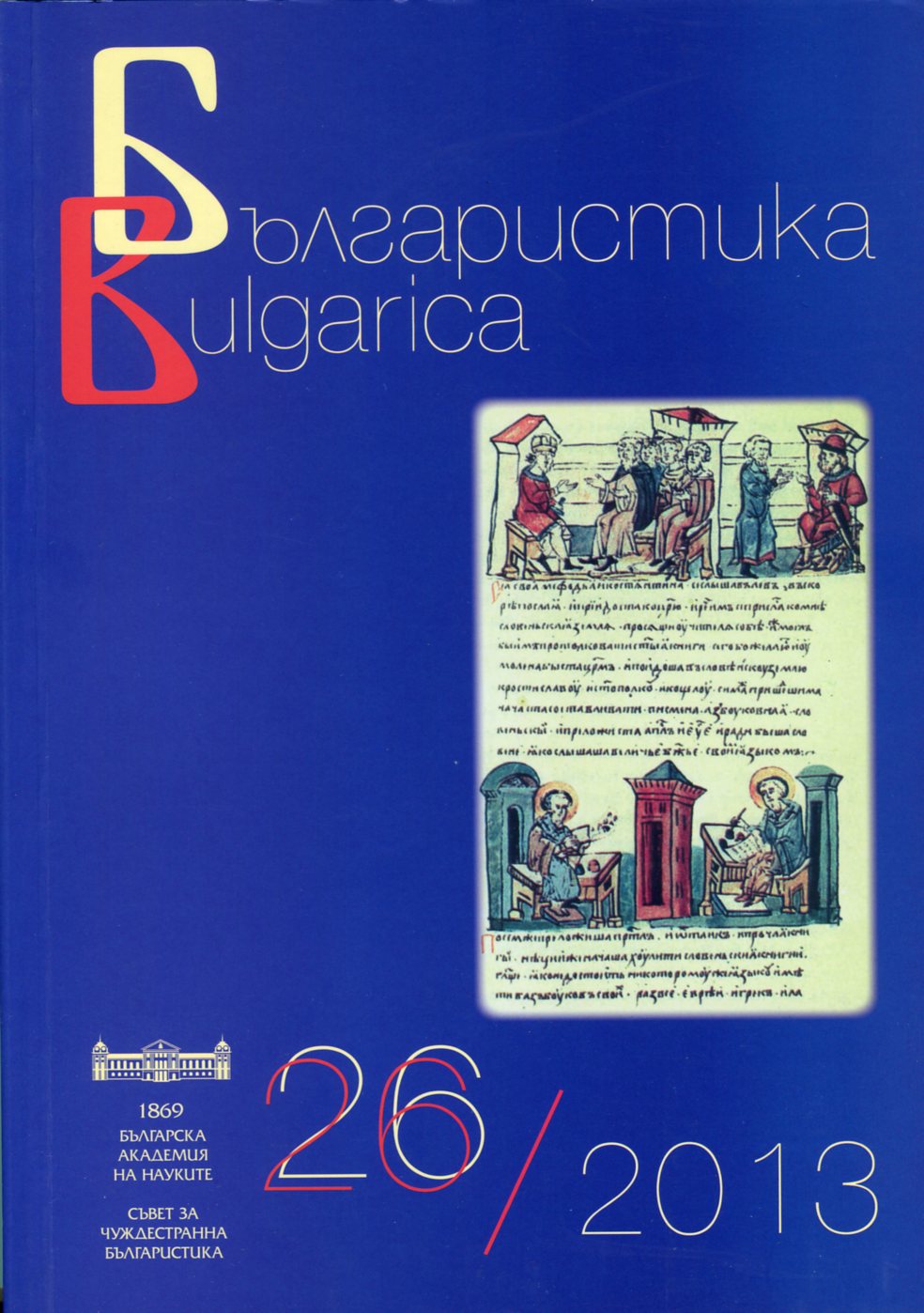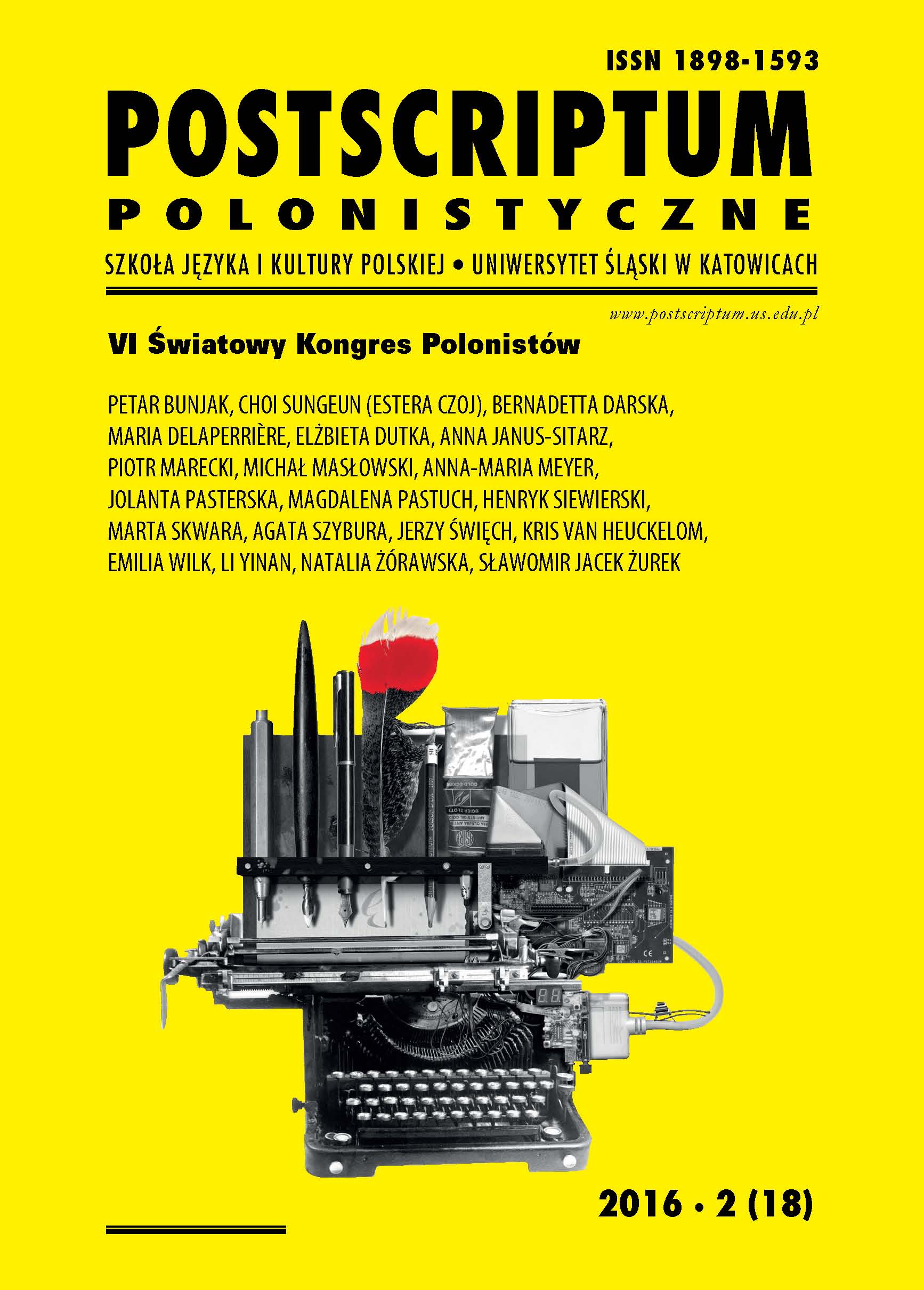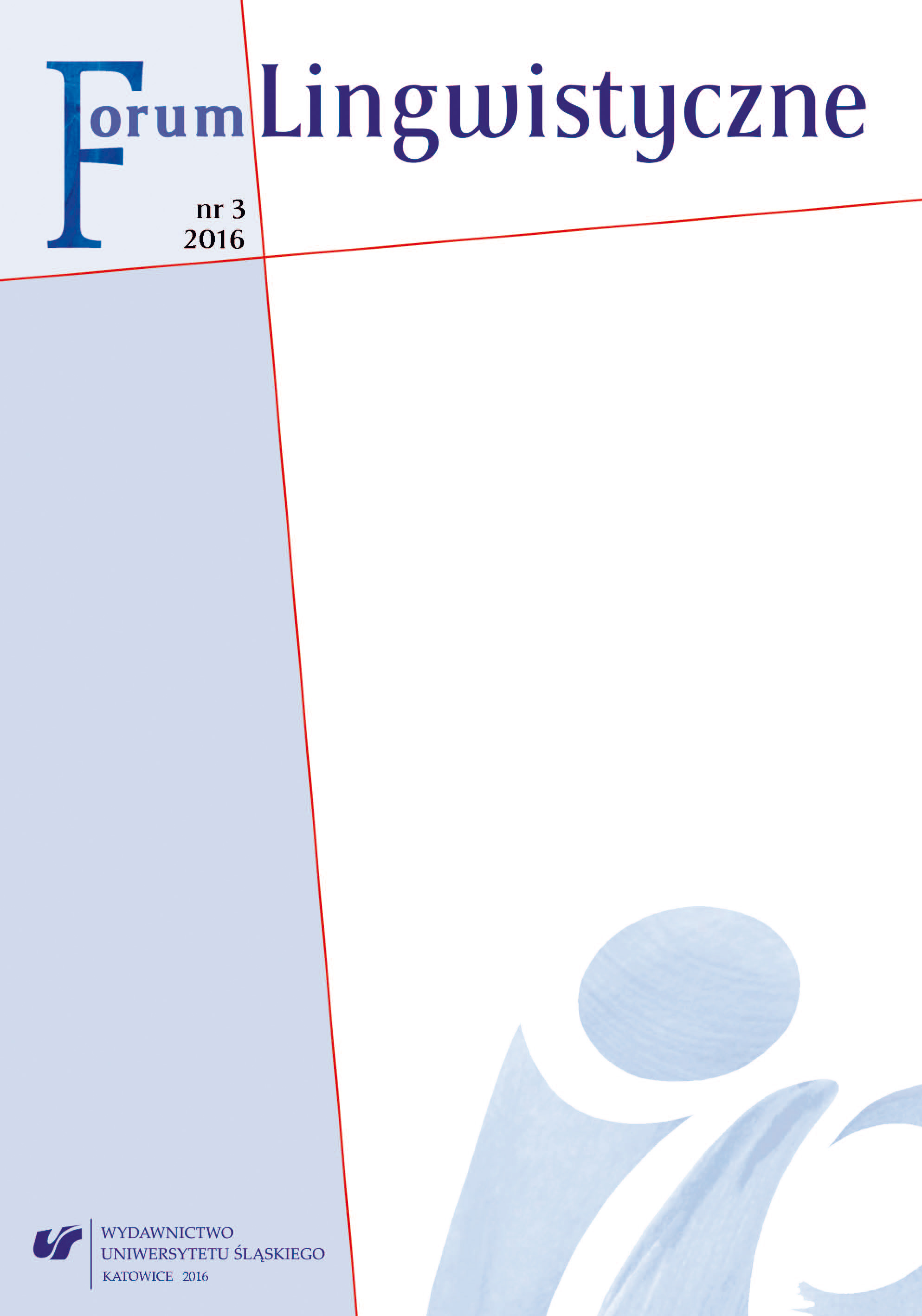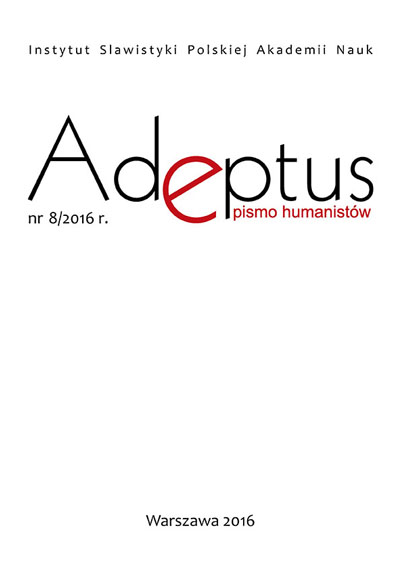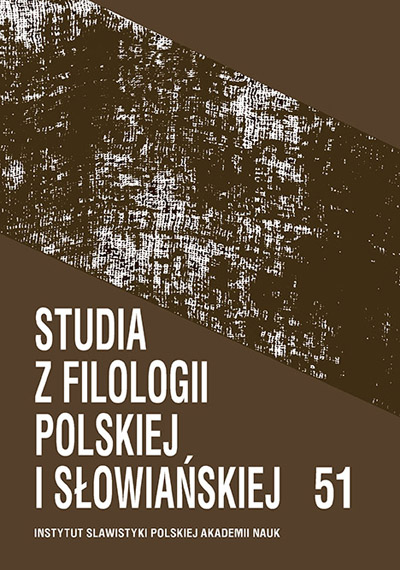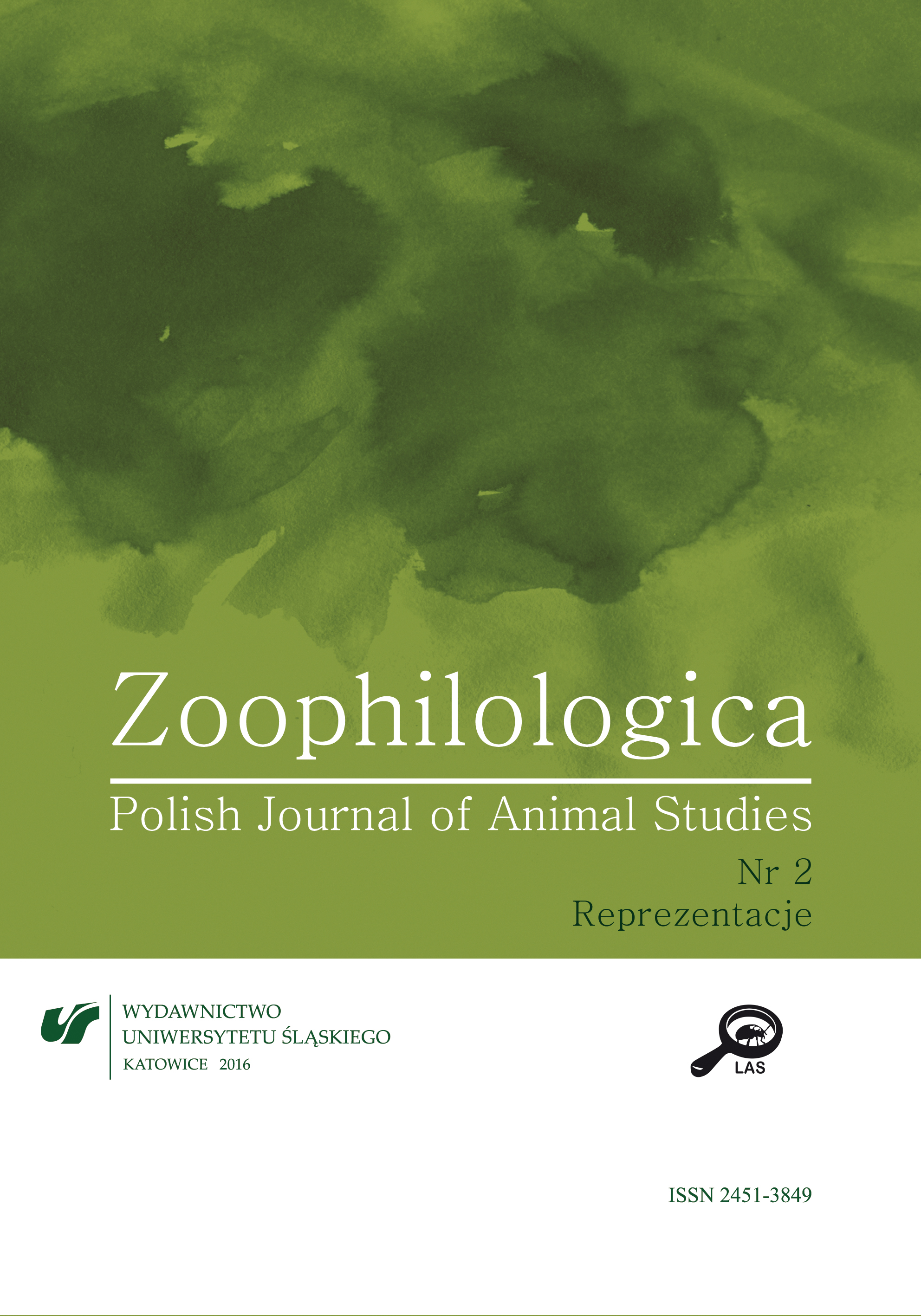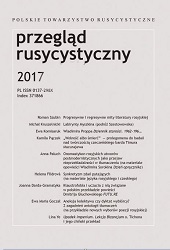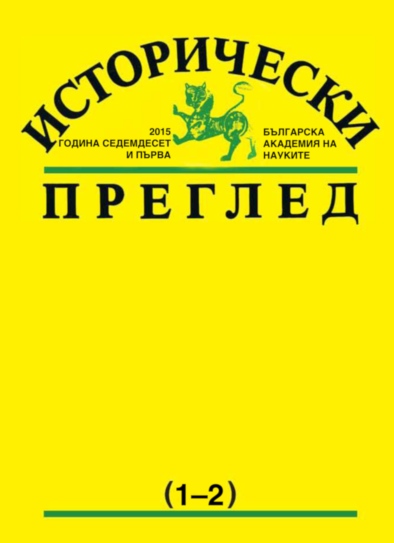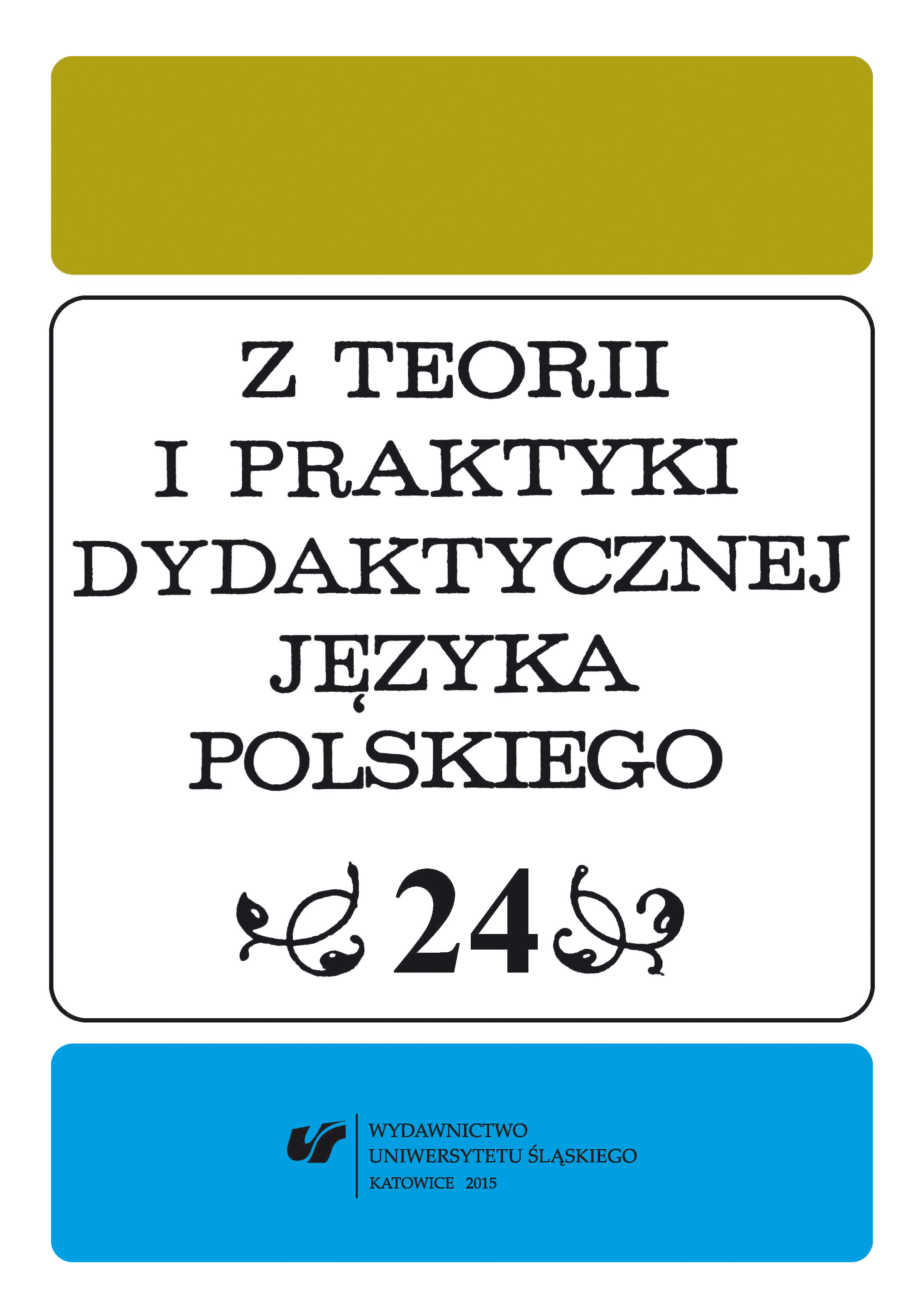
Jana Twardowskiego (o)czarowanie paradoksami. Źródła paradoksów poetyckich — lektura licealisty
The omnipresence of contradictions and paradoxes in Twardowski’s poems gave me the idea to situate the priestly poetry in the network of philosophical, literary and theological references and inspirations in the context of school education. And, strictly speaking, in the context of a student’s intellectual journey in search for the source/sources of paradoxes in the writer’s poems. The idea for a series of lessons for secondary schools, titled “Sources of Reverend Jan Twardowski’s Poetical Paradoxes”, is not supposed to constitute simply an instruction on how to analyse and interpret Jan Twardowski’s poetry, but it is to show how paradox and this poetry are positioned — in the broader sense — in culture. The article shows that what may turn out to be attractive for secondary school students is pointing to some directions in the poet’s fascination with paradoxes, seeking their roots, reaching not only to the poet’s literary experience, but more broadly — to his biography, theological and philosophical interests, of which the poet often spoke himself.
More...
